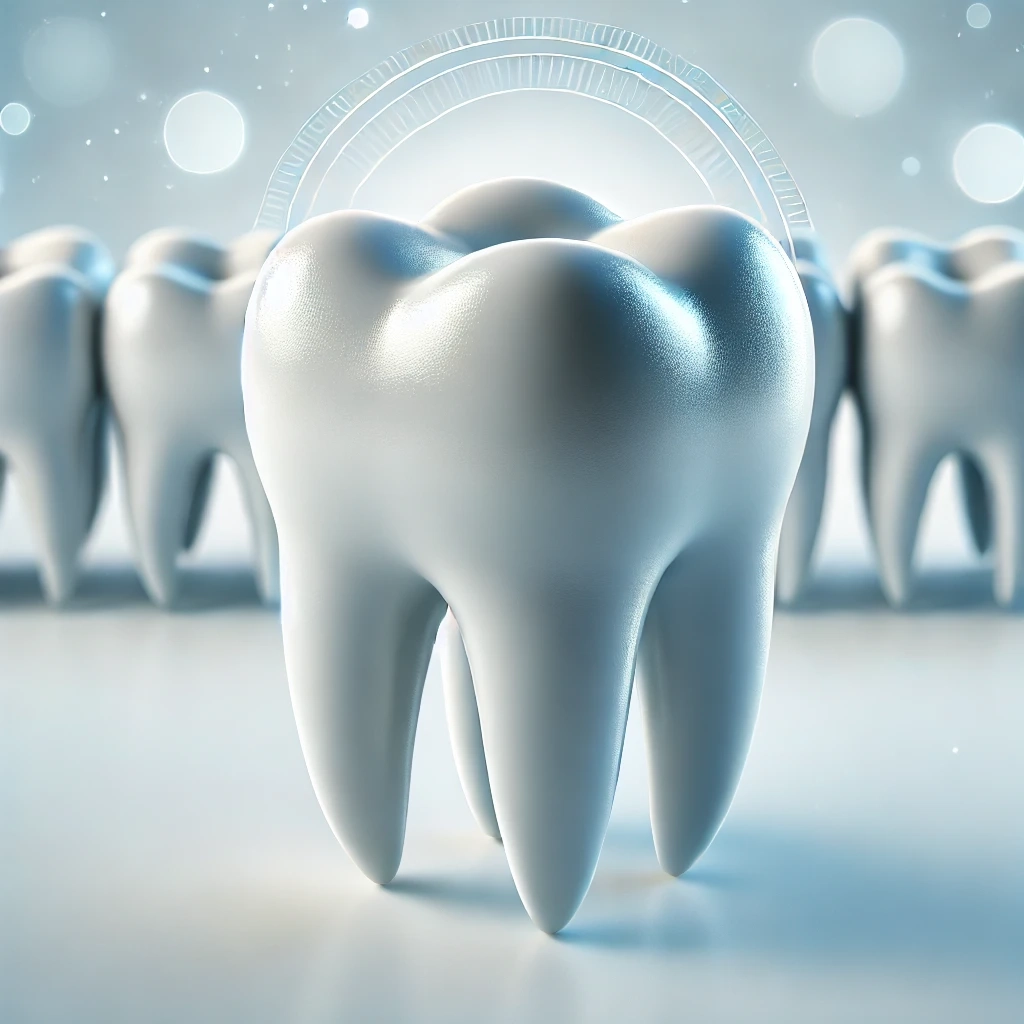Renovation of damaged teeth


Q&A
The veneer placement process is usually painless, as local anesthesia is used. You may feel some tenderness or discomfort after the treatment, which is normal.
Yes, ceramic and zirconia crowns may crack or break if impacted or chewed on hard foods.
Some people may experience sensitivity to heat and cold after veneers are installed, but this problem is usually temporary.
Yes, maintaining good oral hygiene, avoiding biting hard foods, and visiting the dentist regularly are essential for the health and durability of your crown.
Dental crowns include ceramic (porcelain), metal, ceramic-metal (PFM), and zirconia. Each of these types has its own characteristics and uses.
The lifespan of a veneer depends on its type:
Economic
More than 25 years
Very limited
2 weeks
A beautiful smile, our gift to you.
Dental crowns are one of the most widely used restorative procedures in dentistry, used to restore the appearance and function of damaged teeth. If your teeth have been damaged by decay, fracture, or other factors, dental crowns can be a good solution to maintain your oral health. In this article, we will take a complete look at dental crowns, their types, advantages and disadvantages, installation procedures, and related costs.
A dental crown is a protective covering placed over a tooth to prevent further damage and improve the appearance and function of the tooth. These crowns are usually made of durable materials such as ceramic, metal, or a combination of these, and are designed to match the color and shape of natural teeth.
Ceramic crowns are made of non-metallic materials and are commonly used for front teeth because of their close resemblance to natural teeth.
These types of crowns are made from various metals such as gold, nickel, or other alloys and are suitable for back teeth due to their high strength.
PFM crowns are a combination of metal and ceramic, offering the natural appearance of ceramic and the durability of metal.
These types of crowns are made from a material called zirconia, which is very durable and beautiful.

In the first step, the dentist examines the damaged tooth and selects the appropriate type of crown.
The dentist will cut away parts of the tooth to make room for the crown to be placed. If the tooth is severely damaged, a base may need to be made to support the crown.
After the tooth is prepared, an impression is taken of the teeth to create a crown that fits your teeth exactly.
A temporary crown is placed on the tooth until the final crown is ready.
Once the crown is prepared, the dentist attaches it to the tooth using a special adhesive.
Brushing and flossing daily is essential to prevent the buildup of plaque and tartar.
To prevent cracking or damaging the veneer, avoid biting hard foods.
Visit your dentist regularly to ensure the health of your crown and the teeth underneath.
Dental crowns are an efficient and effective solution for restoring damaged teeth and improving the beauty of your smile. By choosing the right type of crown and following the care tips, you can enjoy its durability and optimal performance. For the best results, be sure to visit an experienced dentist.
Send us the information and context in which we can help you so that we can contact you as soon as possible.